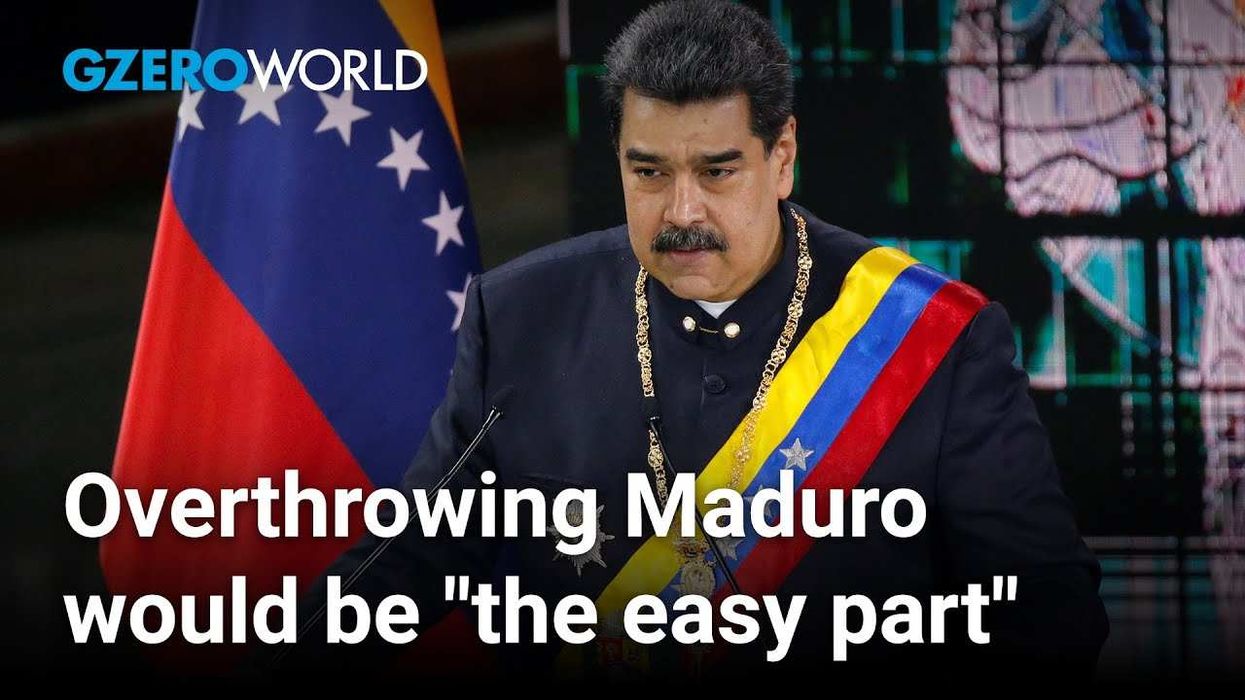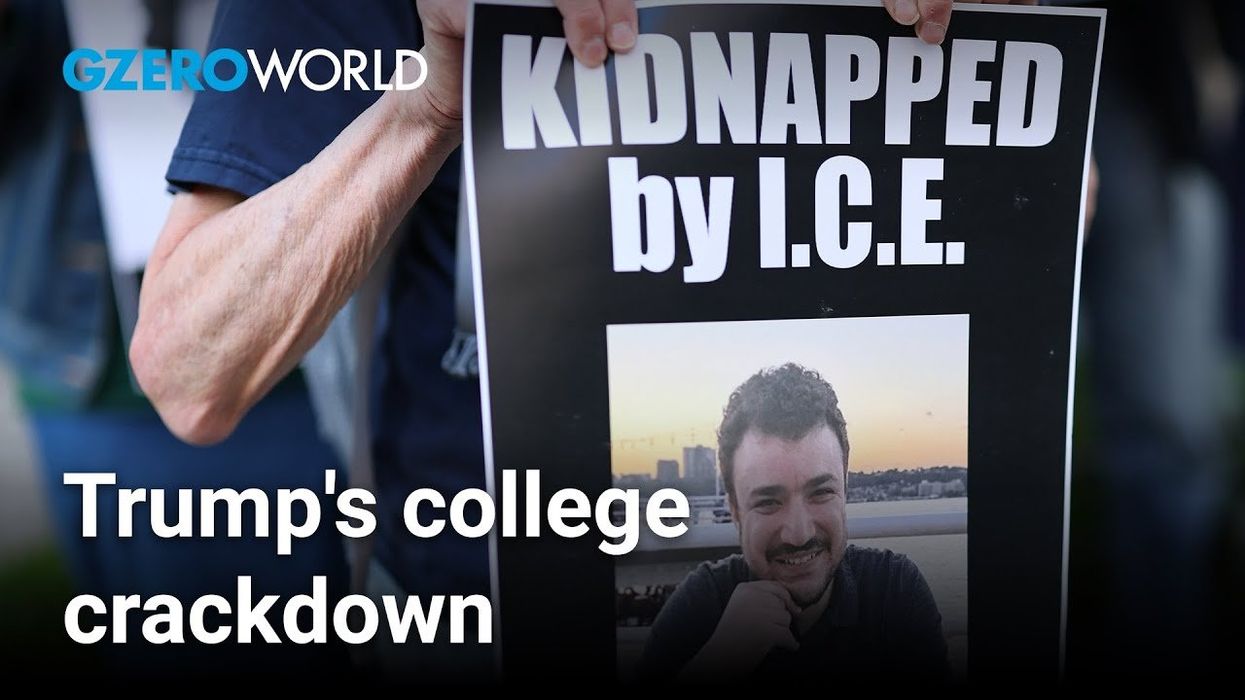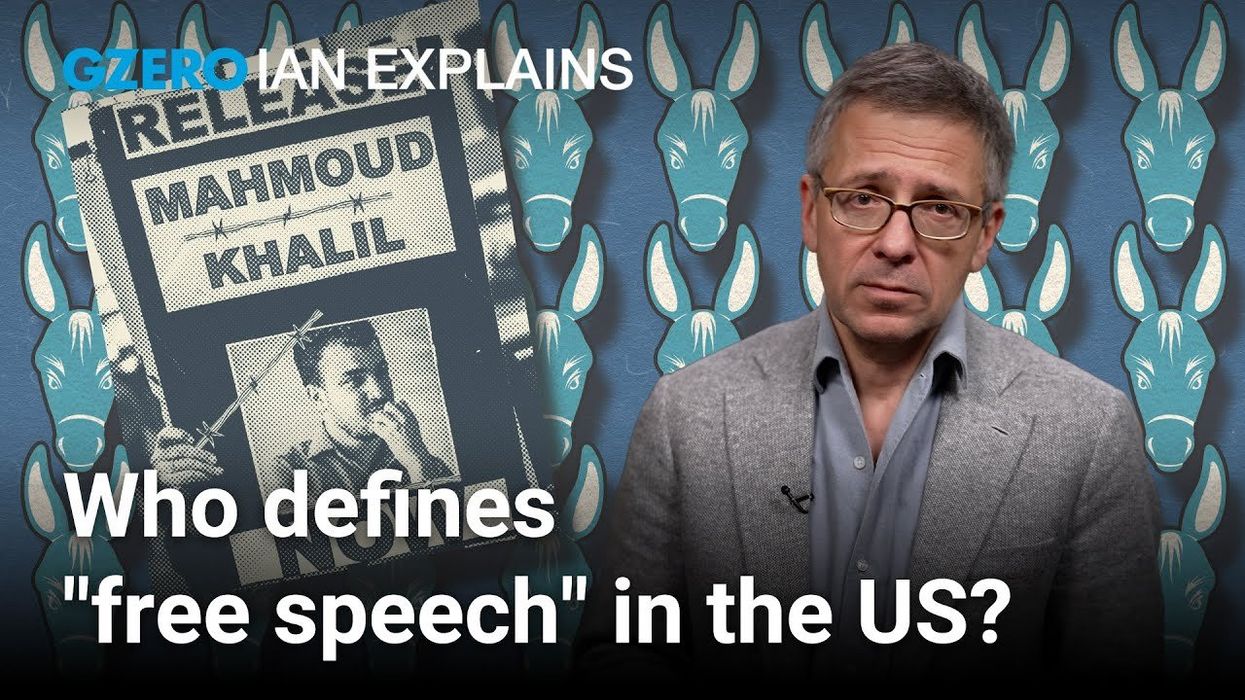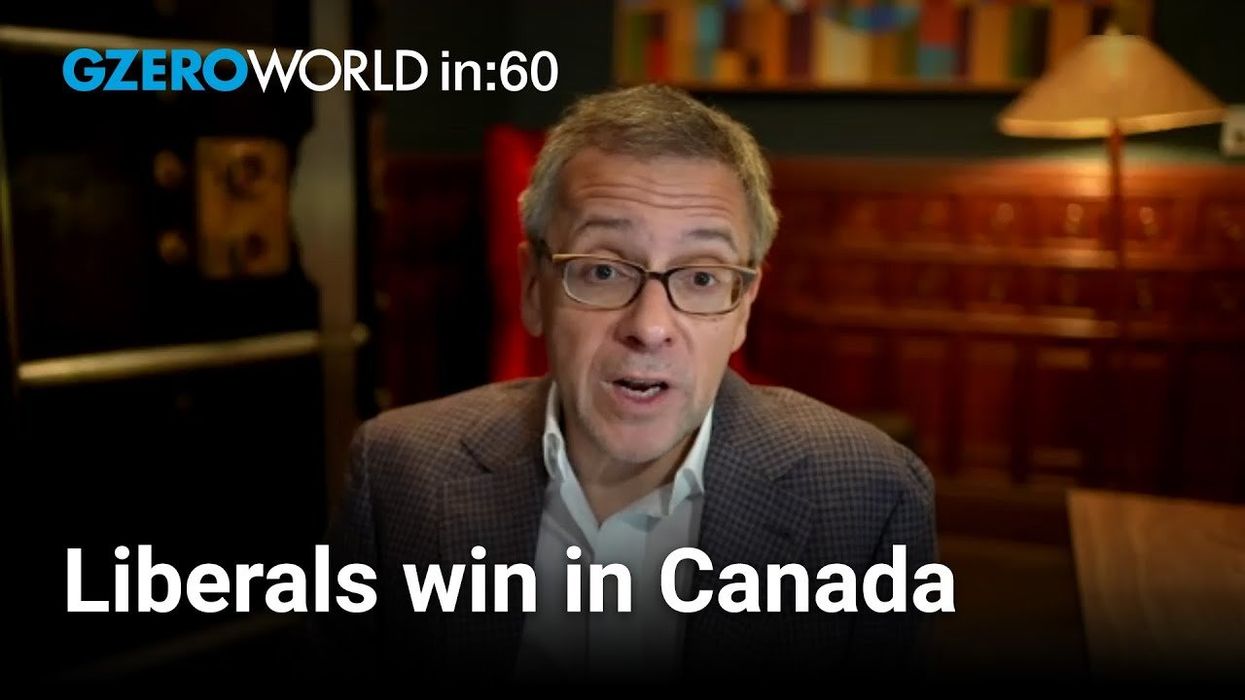What We're Watching
What We’re Watching: Trump-Europe feud over Greenland heats up, Syria’s Kurds make deal with government, Guatemala in state of emergency
In a flurry of social media posts last night, US President Donald Trump chastised several of his European counterparts, threatening extra tariffs on specific goods, releasing private text messages, and publishing AI-generated images that displayed Greenland, Canada and Venezuela as American territories.
Jan 20, 2026










